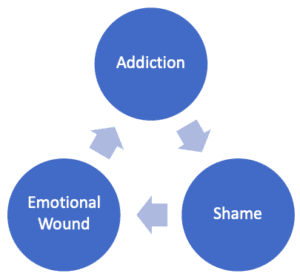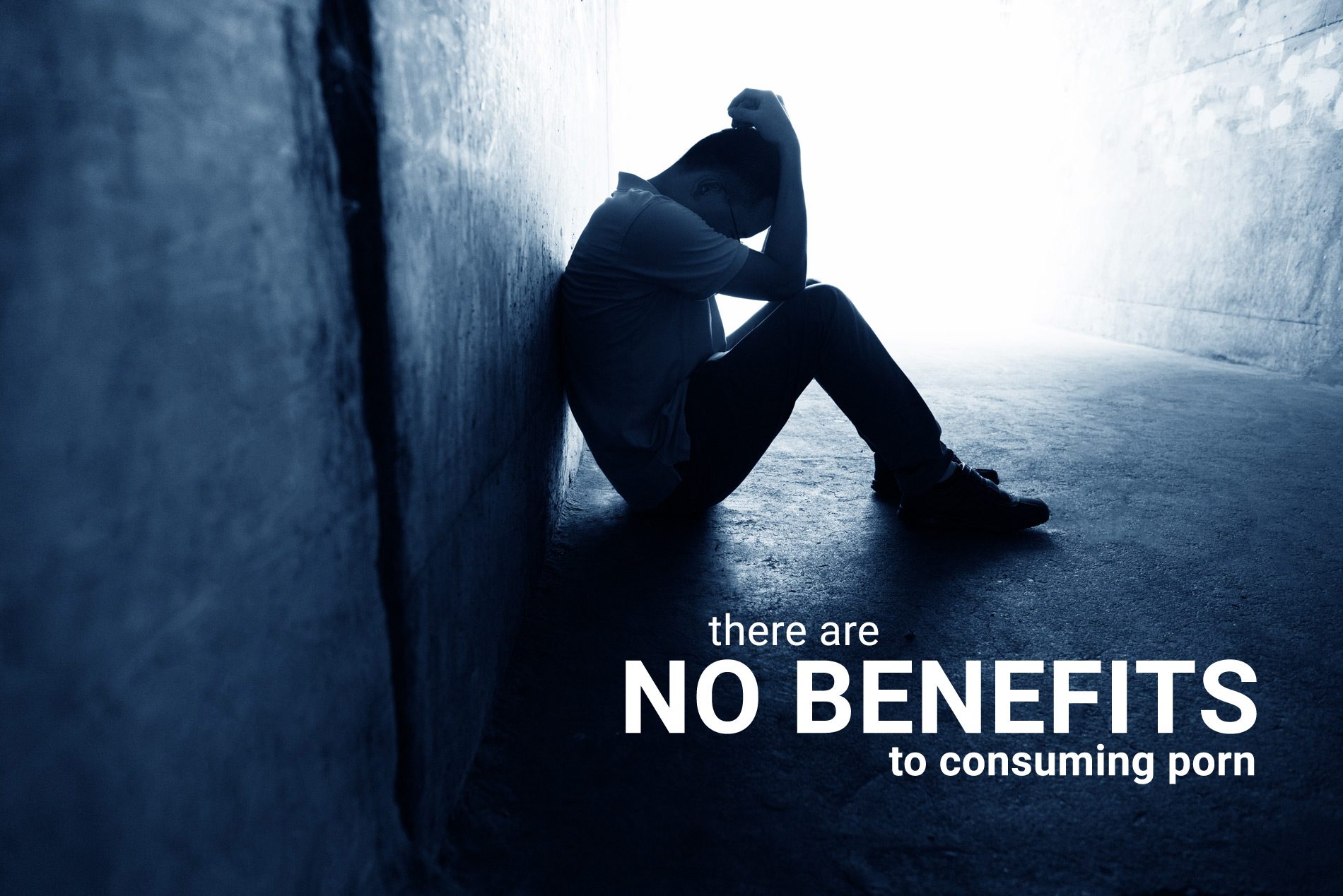A New Kind of Porn Addiction for Teens

Bill and Sandy came to my office with their son Sean, age 15. Sean was addicted to internet pornography. He had been viewing it daily on his smartphone for over four years. Sean was also masturbating daily. The first time Bill and Sandy caught Sean, they believed it was just an adolescent phase and that he would grow out of it. They placed parental controls on his phone and discussed the dangers of pornography with him. They thought that would solve the problem. Unfortunately, Sean found ways to get around the parental controls and kept viewing pornography and masturbating daily. When Bill and Sandy discovered this, they knew he had a problem and sought help.
When experts talk about addiction, they often refer to it as a mechanism to cope with deep traumatic emotional wounds from early childhood, such as abuse, neglect divorce and family addiction. Because of their wounds, these people struggle with much shame, which also fuels their addiction. Thus, a large part of recovery consists of identifying and healing these emotional wounds and their associated shame. This can lead to healthy, long-term recovery. However, in recent years, because of internet pornography addiction, this model for understanding addiction has been challenged.
In studying those who struggle with pornography addiction, researchers found that many people, especially young people, did not struggle with many deep emotional wounds. These people, like Sean, came from healthy, intact families with loving parents and siblings. There were no major traumas in their lives. So the question arose, “How did these people become addicted to internet pornography or online gambling?”
The answer to this question is early and consistent exposure. Today, the average age of exposure to hard-core internet pornography is 8. Sean was first exposed to internet pornography on a friend’s phone at age 10. In addition, they had regular access to it. At first Sean was able to access pornography daily on his unmonitored smartphone. After his parents placed parental controls on his phone, Sean went out and bought an inexpensive tablet. He was then able to tap into the Wi-Fi at home and view pornography without his parents’ knowledge. Early and consistent exposure can hardwire a child’s brain to become addicted to the rush of dopamine it triggers. As the brain becomes dependent on the neurochemical stimulation caused by pornography, it needs a daily dose of it just to function. This can lead a person back to it over and over again. We call this “opportunity-induced addiction.” In addition to pornography, this kind of addiction can develop with video games, social media and online gambling.
As noted, many addicted people struggle with a deep shame from past emotional wounds. This fuels their addiction. However, with opportunity-induced addiction, the shame develops as a result of the addiction. Sean knew he was hooked on porn, but was too ashamed to seek help. He feared what his parents would think of him if they found out about his struggle. This shame kept him from being able to turn to them for help and it fueled his addiction. In cases like these, the shame leads to the inability to seek help. This in itself is a deep emotional wound. Below are diagrams that depict how these addictions develop.
Traditional Addiction Model

Opportunity-induced Addiction Model
In each case it’s the shame and emotional wound that fuel the addiction.
Treatment for both types of addiction includes counseling. However, with opportunity-induced addiction, rather than trying to identify deep emotional traumas from early childhood, counseling often focuses on healing the current parent-child relationship and releasing any shame associated with the addiction. Through this process, Sean was able to turn to his parents for help in recovery and they were able to work together to develop the safeguards he needed for his sobriety. They were also able to talk regularly about any struggles he was having. This enabled Sean to succeed in achieving healthy, long-term recovery from internet pornography addiction.
If you or someone you love is struggling with pornography use, it’s important to seek help. There are effective recovery programs that can lead to freedom from pornography.













Hello,
My pastor said he would like to get calling cards to hand to those who come to him in confession with a pornography problem.
I’m sure I can get some printed for him but thought I would first contact you to see if you already have calling cards available.
Thank you!